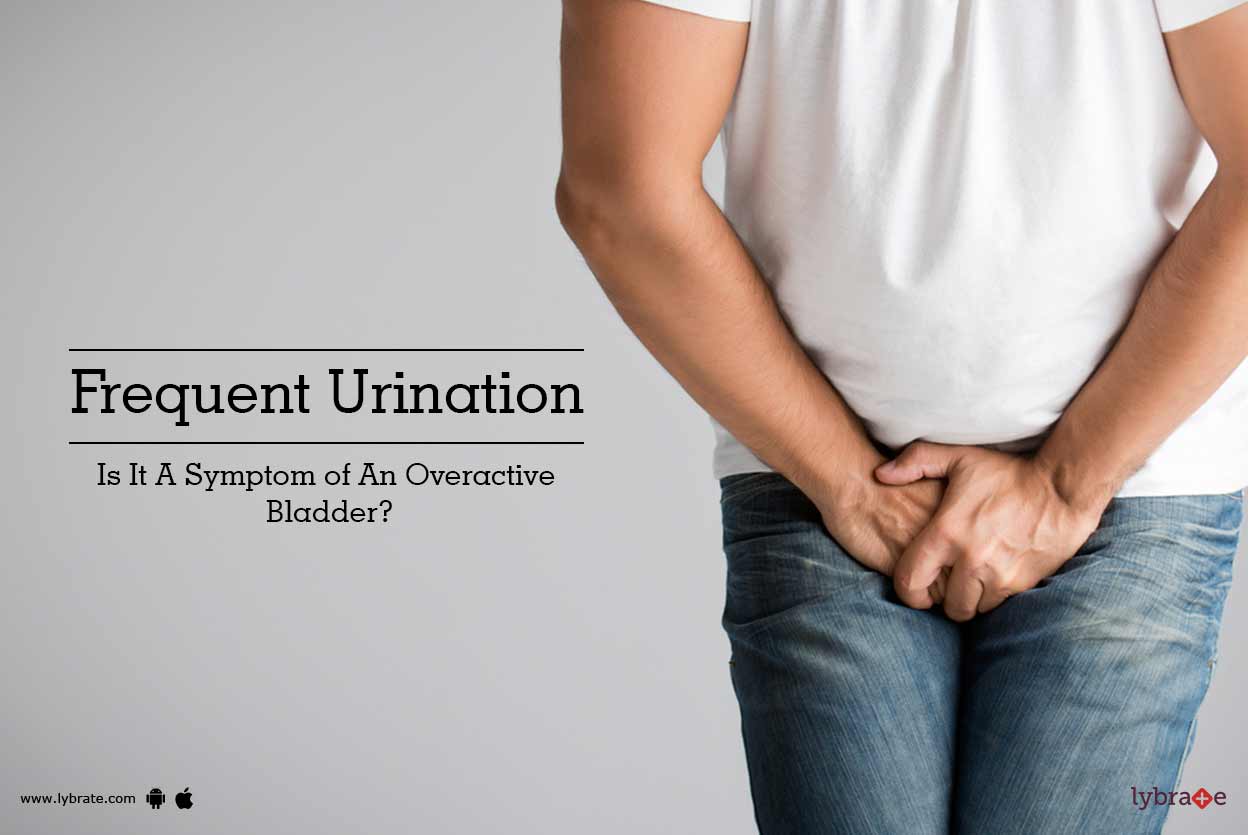One of the main symptoms of polyuria is urinating frequently. If there are other symptoms, they may indicate another, possibly more serious condition.
Nocturia, for example, is the need to urinate at night, during the sleep cycle. This can be a symptom of diabetes insipidus or diabetes mellitus.
Other symptoms that may need further attention include:
. pain or discomfort while urinating
. urine that is bloody, cloudy, or of an unusual color
. gradual loss of bladder control, or urinary incontinence
. difficulty urinating despite the urge
. discharge from the vagina or penis
. an increase in appetite or thirst
. fever or chills
. nausea or vomiting
. low back or side pain
. If other symptoms are present, or if urinary frequency is affecting quality of life, it is a good dea to see a doctor.
Frequent urination can indicate a kidney infection, for example. Untreated, this can permanently damage the kidneys. In addition, the bacteria that cause the infection can potentially enter the bloodstream, infecting other areas of the body.



 Contact Us
Contact Us






 Hospitals
Hospitals
 Doctors
Doctors
 Diagnostic
Diagnostic
 Pharmacy
Pharmacy
 Health Tips
Health Tips
 Blog
Blog

























Comments